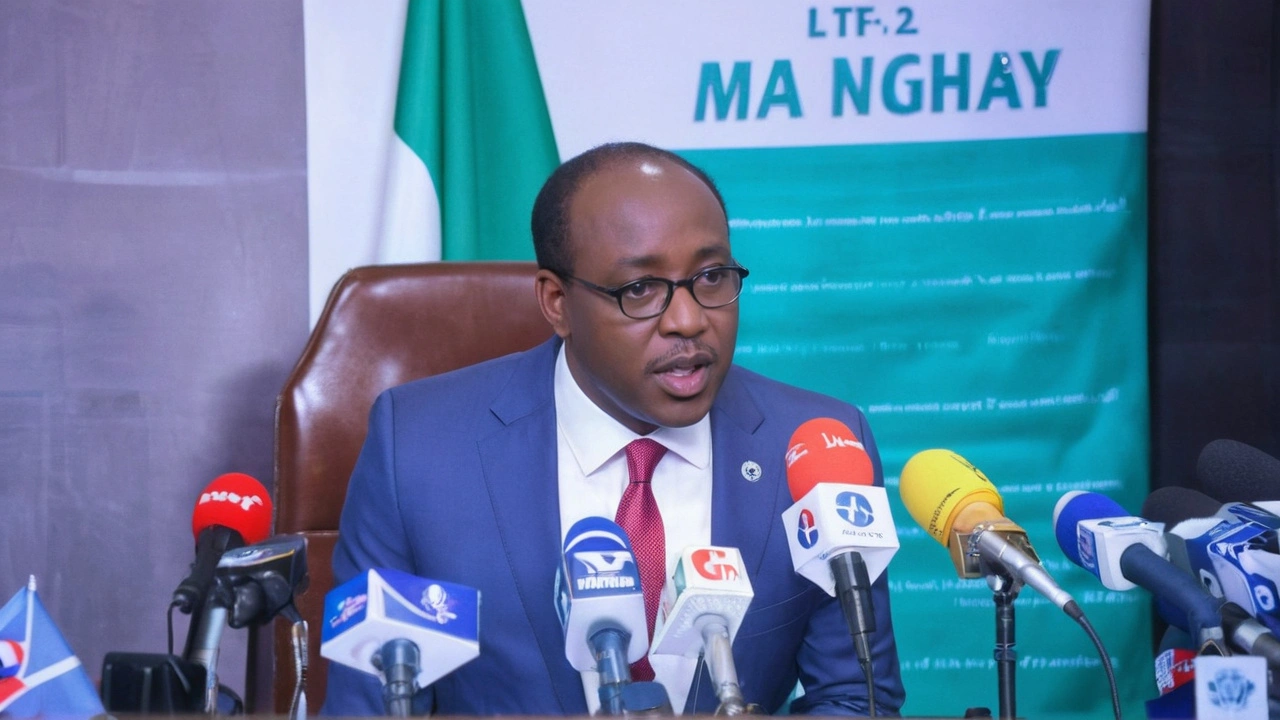Bank Merger: What It Means for You and the Market
Bank mergers pop up often in headlines. But what does a bank merger actually mean for customers, employees and the wider market? This tag page gathers clear, practical updates and analysis so you can follow deals without the jargon.
A bank merger is when two or more banks join to become one company. Boards, shareholders and regulators must approve the deal. Mergers aim to cut costs, expand services or boost capital. For customers that can mean new apps, different fees, branch changes, or better loan options — but not always.
What customers should watch
Check your accounts and communication. The new bank must tell you about changes to terms, fees or account numbers. Look out for emails, SMS or letters and confirm messages by logging into the official website or calling the published number — scams spike during mergers. Update any automated payments if account numbers or billing details change.
Notice branch and ATM changes. Banks often close overlapping branches to save money. If your nearest branch is due to close, ask about alternative locations, mobile services, or special support for elderly customers. Also check ATM fee updates and whether your card will work abroad the same way.
Watch service continuity. Big IT moves happen during mergers. Expect possible short service outages when systems switch. The bank should publish a timeline for downtime and offer customer help lines. If you rely on payroll or recurring payments, confirm they clear during the transition week.
How mergers affect the market and jobs
Mergers can make banks stronger and cheaper to run, letting them offer new products or expand into other markets. But they can also reduce competition, which might raise fees or slow innovation. Regulators weigh these pros and cons before approving a deal.
Staff cuts are common because roles overlap. That hurts communities and can speed branch closures. Employees usually get redundancy packages or transfer offers. Customers benefiting from long-standing local staff may see service changes.
For investors, mergers change risk and return profiles. The combined bank may show higher profits but also integration costs. Watch the bank’s guidance and independent analyst reports for a realistic picture.
Want quick tips? 1) Save copies of recent statements. 2) Monitor official bank channels. 3) Set alerts for large or unusual transactions. 4) Ask for written confirmation before accepting new terms. These steps protect your money and your access.
This tag page will bring news, explanations and practical advice on bank mergers affecting Africa and global markets. Bookmark the page, set alerts, or subscribe to updates so you don’t miss major announcements that could affect your accounts or local services.
Get area alerts by using the 'bank merger' tag on Daily Africa Global News. Subscribe to email updates or follow our social feeds for fast headlines. If you have account concerns, contact your bank right away and keep copies of any new agreements. We update this tag with verified news as deals move forward.

Central Bank of Nigeria Greenlights Unity and Providus Banks' Merger to Strengthen Financial Sector
The Central Bank of Nigeria has given the green light for the merger of Unity Bank Plc and Providus Bank Limited as part of efforts to strengthen the country's financial system. The move includes financial support of N700 billion to ensure the stability of the new entity.